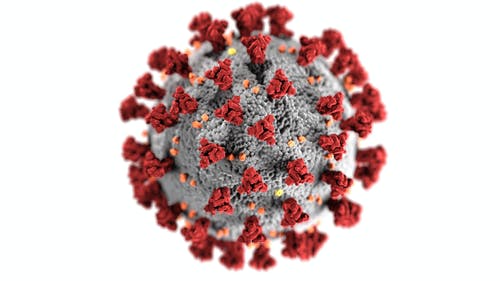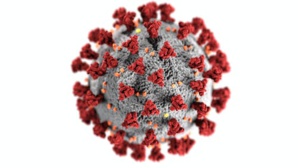Coronavirus infection could have a link with an individual’s blood types as well as “other genetic factors”, reveals researchers from Europe as they tried to unravel the reason behind COVID-19 being more severe to some people.
The above mentioned findings were published in the “New England Journal of Medicine”, whereby it suggested that people with “type A blood” were at greater risk of catching the infection caused by coronavirus and breaking into “worse symptoms”. When Europe was at the peak coronavirus wave, researches gathered gene sample for over “4,000 people” for analysis. The attempt was made to arrive at some understanding of “variations that were common in those who became infected with the coronavirus and developed severe COVID-19”.
The researchers thus found that immune responses of a “cluster of variants in genes” seemed to be common in patients with “severe COVID-19” infection, while the same genes have a “cell-surface protein”, named ACE2, which is particularly used by coronavirus for entering into the body and causing infection.
The said research was jointly led by Dr. Andre Franke from Kiel, Germany based “Christian-Albrecht-University” along with Dr. Tom Karlsen from Norway based Oslo University hospital which came out with a connection between “COVID-19 severity and blood type”. As a result, people with “type A blood” had “45% higher” of falling a victim of severe COVID-19 infection in comparison to people with other blood types, while people with type O blood had “35% lower” chance of infection.
In the words of Dr. Karlsen:
“The findings ... provide specific clues as to what disease processes may be going on in severe COVID-19.”
Although, he acknowledged the need of “additional research” before the said findings become “useful”. While, the Director of Health at the U.S. National Institutes and an expert in the field of genetics, Francis Collins wrote:
“The hope is that these and other findings ... will point the way to a more thorough understanding of the biology of COVID-19”.
“They also suggest that a genetic test and a person’s blood type might provide useful tools for identifying those who may be at greater risk of serious illness.”
References:
reuters.com
The above mentioned findings were published in the “New England Journal of Medicine”, whereby it suggested that people with “type A blood” were at greater risk of catching the infection caused by coronavirus and breaking into “worse symptoms”. When Europe was at the peak coronavirus wave, researches gathered gene sample for over “4,000 people” for analysis. The attempt was made to arrive at some understanding of “variations that were common in those who became infected with the coronavirus and developed severe COVID-19”.
The researchers thus found that immune responses of a “cluster of variants in genes” seemed to be common in patients with “severe COVID-19” infection, while the same genes have a “cell-surface protein”, named ACE2, which is particularly used by coronavirus for entering into the body and causing infection.
The said research was jointly led by Dr. Andre Franke from Kiel, Germany based “Christian-Albrecht-University” along with Dr. Tom Karlsen from Norway based Oslo University hospital which came out with a connection between “COVID-19 severity and blood type”. As a result, people with “type A blood” had “45% higher” of falling a victim of severe COVID-19 infection in comparison to people with other blood types, while people with type O blood had “35% lower” chance of infection.
In the words of Dr. Karlsen:
“The findings ... provide specific clues as to what disease processes may be going on in severe COVID-19.”
Although, he acknowledged the need of “additional research” before the said findings become “useful”. While, the Director of Health at the U.S. National Institutes and an expert in the field of genetics, Francis Collins wrote:
“The hope is that these and other findings ... will point the way to a more thorough understanding of the biology of COVID-19”.
“They also suggest that a genetic test and a person’s blood type might provide useful tools for identifying those who may be at greater risk of serious illness.”
References:
reuters.com






